I am a professional race car driver. We race at speeds of 170-180 mph, at night, in the rain, and with lots of other cars on the track.
There are television commentators and announcers at the track who render commentary about each race and what might be unfolding inside the car.
However, many – if not most – commentators have never driven race cars at our level so can’t truly understand what we’re doing. The few commentators who have driven at this level may add some perspective but still cannot opine on what is occurring with a particular incident because they are not behind the wheel in real-time, experiencing what we experience when we experience it and in the conditions we experience it.
The commentators’ observations are similar to those we see and hear from academics. While various “experts” may understand the textbook theory of business and economic policies, most have never worked in or started a business nor worked applying economic policies in which businesses operate.
Therein lies the difference. They may add perspective but aren’t experiencing the real for-profit or not-for-profit experiences these sectors of the economy live day in and day out. And that means their opinions should be taken as such; commentary that misses experiential perspective on how businesses operate.
So whether listening to commentary about racing or the economy, we need to be cautious. There’s an element of entertainment and playing to the audience along with a lack of consequence for being incorrect. Commentary from those who aren’t living the experience, can’t reflect what is happening at “ground zone.”
They lack true perspective and can result in frequent errors. Because no one keeps score of how often commentators are right, they likely have a terrible “batting average” and we will never know it.
Featured news
Ted’s Take: What is your role in health and health equity?
As we talk and plan for improvements in virtually anything, it’s important that we examine what our role in that process is and should be.
Ted’s Take: Medicare for all – HUH?
Around every national election, the phrase Medicare for All comes up. My reaction is simple: HUH? Here’s why?
JKTG-Funded Research Tackles Possible Way to Stop Spread of Breast Cancer
New JKTG Foundation-funded research identifies potential new immune system target to head off the spread of breast cancer cells. The work is from the Johns Hopkins Giovanis Institute and appears in the journal Oncogene.

Jayne Koskinas Ted Giovanis
Foundation for Health and Policy
PO Box 130
Highland, Maryland 20777
Media contact: 202.548.0133


